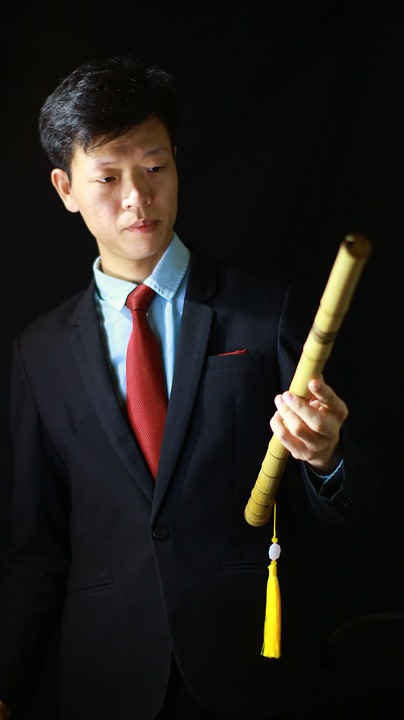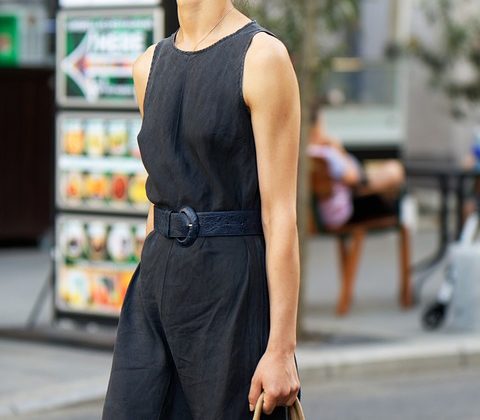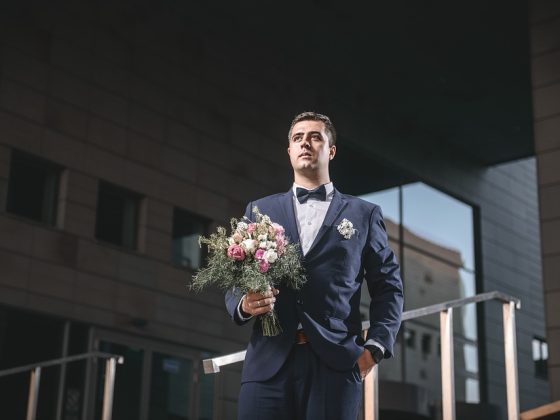In today's fast-paced and ever-changing work environment, the way you dress can have a significant impact on your professional image. Whether you're heading to a job interview, meeting with clients, or attending a corporate event, your attire plays a key role in how you are perceived by colleagues and superiors. While some workplaces have a strict dress code, others allow more flexibility in terms of attire. This leaves many professionals wondering whether dressing formal or opting for a more casual look is the best choice. In this article, we will explore the impact of dressing formal vs casual on your professional image.
Dressing Formal:
Dressing formal typically involves wearing tailored suits, dress shirts, ties, and dress shoes. This attire is commonly associated with professionalism, authority, and sophistication. When you dress formal, you are sending a message to others that you take your job seriously and that you are ready to handle any task that comes your way. Formal attire is often expected in traditional corporate settings, such as law firms, financial institutions, and government offices.
The impact of dressing formal on your professional image can be significant. Studies have shown that individuals who dress formal are perceived as more competent, trustworthy, and reliable than those who dress casually. Dressing formal can also increase your chances of being taken seriously in a professional setting, as it conveys a sense of respect for both yourself and the people around you.
Furthermore, dressing formal can boost your confidence and self-esteem, which can have a positive impact on your performance at work. When you look good, you feel good, and this can translate into increased productivity and success in your career.
Dressing Casual:
On the other hand, dressing casual typically involves wearing more relaxed and informal clothing, such as jeans, t-shirts, and sneakers. Casual attire is often associated with creativity, innovation, and a more laid-back approach to work. Many tech companies and creative industries encourage employees to dress casually to foster a more relaxed and collaborative work environment.
The impact of dressing casual on your professional image can vary depending on the industry and company culture. While dressing casual may be acceptable in some workplaces, it may be perceived as unprofessional in others. In more conservative environments, such as law offices or financial firms, dressing casual may be frowned upon and could harm your chances of advancement.
However, there are still benefits to dressing casual in the right context. Casual attire can help create a more approachable and relatable image, making it easier to connect with clients and colleagues on a personal level. Dressing casual can also promote a sense of authenticity and individuality, which can be appealing to employers looking for creative and innovative thinkers.
FAQs:
Q: Can I dress formal for a job interview even if the company has a casual dress code?
A: Yes, it is always better to err on the side of caution and dress formal for a job interview. A professional appearance shows that you are serious about the opportunity and respect the company's expectations.
Q: How can I balance dressing formal and casual in a business casual environment?
A: In a business casual setting, you can mix and match formal and casual pieces to create a polished yet relaxed look. For example, you can pair a dress shirt with chinos and loafers for a stylish and professional outfit.
Q: Is it important to follow dress codes at networking events?
A: Yes, networking events are professional settings where you should dress to impress. Dressing appropriately shows that you are respectful of the event and want to make a good impression on potential clients or business partners.
In conclusion, the way you dress can have a significant impact on your professional image. Whether you choose to dress formal or casual, it is important to consider the industry, company culture, and occasion when selecting your attire. By dressing appropriately, you can convey professionalism, confidence, and respect, ultimately enhancing your success in the workplace.










